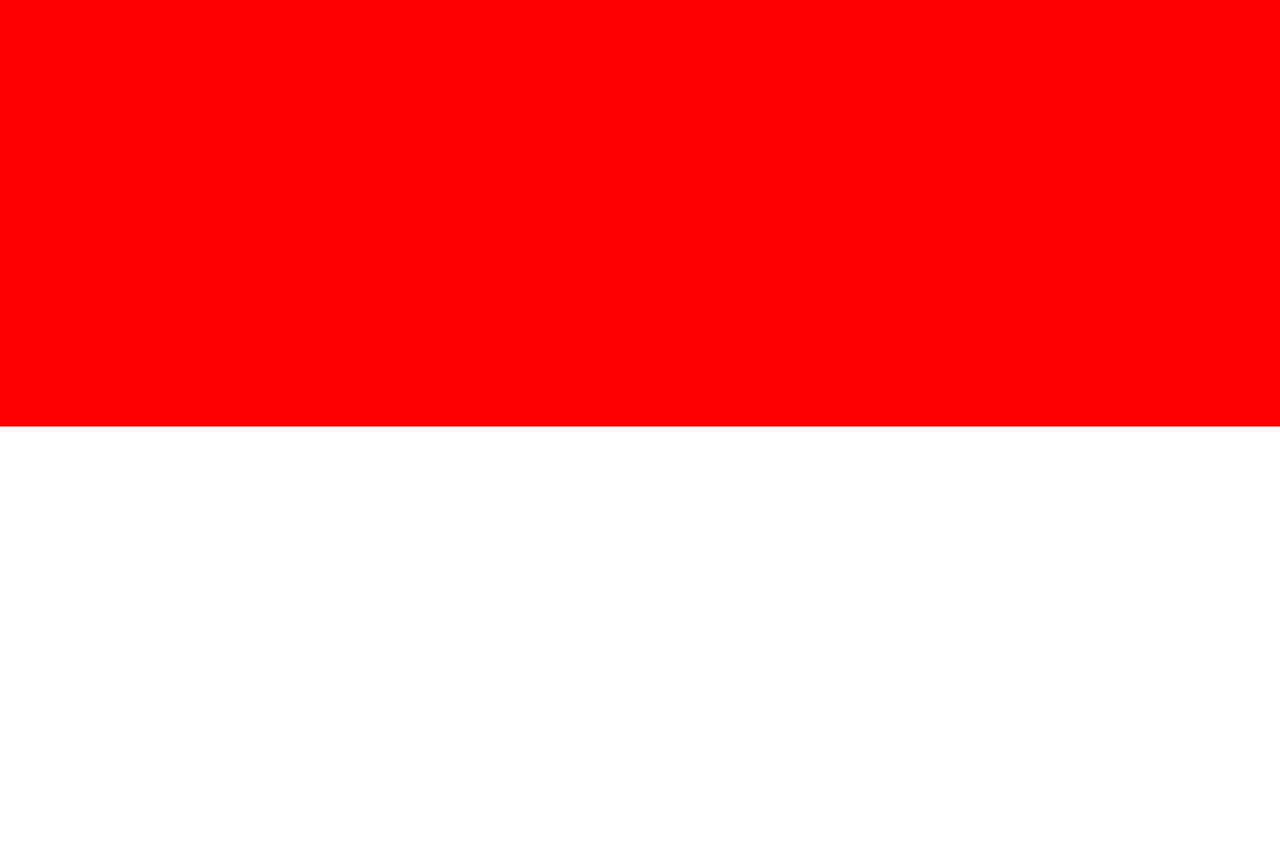
Bali temple, Indonesia - Photo: Agung Atmaja
Indonesia - Global Development
ID
Indonesia’s global development approach criticized for regional inequality and environmental degradation despite economic transformation
Indonesia has transformed from a development aid recipient to an emerging donor and influential voice in global development discussions. This article examines Indonesia’s development journey, policy approaches, and the challenges it faces both domestically and internationally.
Indonesia’s Development Transformation
Indonesia has achieved remarkable economic growth over recent decades. The country reduced its poverty rate from 24% in 1999 to approximately 9.5% today. This progress elevated Indonesia to middle-income status and membership in the G20 group of major economies.
The country’s development approach emphasizes self-reliance and economic pragmatism. Indonesia gradually reduced dependence on traditional foreign aid. Instead, the nation focuses on investment, trade, and technical partnerships to drive development.
Furthermore, Indonesia has positioned itself as a development partner rather than merely an aid recipient. The country established the Indonesian Agency for International Development (Indonesian AID) in 2019 to coordinate outgoing assistance. This institutional step symbolizes Indonesia’s transition to donor status.
Indonesia now provides modest but growing development assistance to other nations. The country focuses particularly on South-South cooperation with less developed neighbors. Indonesian aid emphasizes technical cooperation, knowledge sharing, and capacity building rather than large financial transfers.
Regional Leadership and South-South Cooperation
Indonesia leverages its position as Southeast Asia’s largest economy to exert regional leadership. The country plays a central role in ASEAN and champions development cooperation within the bloc. Indonesia frequently represents developing nations’ perspectives in international forums.
The country emphasizes South-South cooperation based on mutual benefit and respect. Indonesia shares its development experiences with other developing nations, particularly in agriculture, disaster management, and democratic governance. This approach focuses on practical knowledge transfer rather than imposing external models.
Moreover, Indonesia has pioneered triangular cooperation arrangements. These initiatives combine Indonesian expertise with funding from traditional donors. This approach leverages Indonesia’s relevant development experience while accessing additional resources.
Indonesia also actively promotes development cooperation among Muslim-majority countries. The country serves as a bridge between Islamic nations and the broader international development community. This unique position allows Indonesia to facilitate dialogue across different cultural and political perspectives.
Criticisms and Development Challenges
Despite its progress, Indonesia faces substantial criticism regarding its development model. First, economic growth has been highly uneven geographically. Western provinces like Java have developed rapidly while eastern regions like Papua remain significantly disadvantaged. This regional inequality undermines Indonesia’s development narrative.
Second, environmental sustainability concerns shadow Indonesia’s development achievements. Deforestation, primarily for palm oil and paper production, continues at alarming rates. Indonesia ranks among the world’s largest carbon emitters when land-use changes are included. These practices directly contradict global sustainability goals.
Third, corruption remains endemic despite anti-corruption efforts. Transparency International ranks Indonesia relatively poorly on corruption perception indices. This governance challenge reduces development effectiveness and deters quality investment.
Furthermore, religious and ethnic minorities sometimes face discrimination and limited development opportunities. Certain provinces experience periodic communal tensions. These social divisions potentially limit inclusive development and human capital utilization.
Additionally, Indonesia’s development model heavily emphasizes infrastructure and economic growth. Critics argue this approach sometimes neglects human development indicators like health outcomes and educational quality. This imbalance potentially creates development that benefits elites disproportionately.
Tax Policies and Development Implications
Indonesia’s tax structure significantly impacts both domestic and international development outcomes. The country maintains one of the lowest tax-to-GDP ratios among major economies at approximately 11%. This limited revenue generation restricts public investments in education, healthcare, and social protection.
Indonesian tax compliance remains problematic with widespread evasion. The country operates a self-assessment system that relies on voluntary compliance. However, only about 40% of registered taxpayers actually submit annual tax returns. This enforcement gap deprives the government of crucial development resources.
Furthermore, Indonesia has implemented tax amnesty programs to increase compliance. These initiatives recovered significant revenue but potentially undermined tax morale. Critics argue these approaches reward non-compliance and fail to address systemic issues.
Indonesia also offers generous tax incentives to attract investment. These include tax holidays for priority industries and special economic zones. While potentially stimulating growth, these policies further reduce available revenue for development priorities.
Moreover, Indonesia faces challenges from international tax avoidance. Multinational corporations operating in Indonesia sometimes use transfer pricing and other mechanisms to shift profits offshore. These practices deprive Indonesia of legitimate tax revenue that could fund development initiatives.
Infrastructure Development and Criticism
Infrastructure development forms a cornerstone of Indonesia’s development strategy. President Joko Widodo’s administration has prioritized roads, ports, power plants, and digital infrastructure. These investments aim to improve connectivity across the archipelago and boost economic competitiveness.
However, this infrastructure push faces significant criticism. First, many projects rely heavily on Chinese financing through the Belt and Road Initiative. Critics warn about debt sustainability risks and potential influence over Indonesian policy independence.
Second, infrastructure projects often displace communities with inadequate compensation or consultation. Environmental impact assessments sometimes receive insufficient attention. These implementation problems create social tensions and environmental damage.
Third, infrastructure investments sometimes favor Java and other western islands. Eastern Indonesia continues to lag in basic infrastructure despite official commitments to balanced development. This pattern reinforces existing regional inequalities.
Furthermore, corruption scandals have plagued major infrastructure projects. Cost overruns, kickbacks, and non-transparent procurement processes reduce economic returns. These governance failures undermine public confidence in development initiatives.
Climate Vulnerability and Development Approaches
Indonesia faces acute climate vulnerability as the world’s largest archipelagic nation. Rising sea levels threaten coastal communities where much of the population resides. Changing rainfall patterns disrupt agricultural production essential to rural livelihoods.
The planned relocation of Indonesia’s capital from Jakarta to East Kalimantan highlights these climate challenges. Jakarta faces severe subsidence and flooding issues partly driven by climate change. This massive infrastructure project represents both adaptation necessity and potential environmental risk.
Indonesia has made international climate commitments including reducing emissions by 29% independently by 2030, or 41% with international assistance. However, critics highlight implementation gaps and policy contradictions. The country continues developing coal power plants despite renewable energy potential.
Nevertheless, Indonesia possesses significant opportunities for sustainable development. The country could leverage vast renewable energy resources including geothermal, solar, and hydropower. Indonesia’s tropical forests offer crucial carbon sequestration if properly protected.
Pandemic Impact and Recovery
The COVID-19 pandemic severely disrupted Indonesia’s development trajectory. The economy contracted for the first time since the Asian Financial Crisis. Poverty reduction progress reversed temporarily with millions falling below the poverty line.
Indonesia’s pandemic response faced substantial criticism. Initial denial followed by inconsistent policies created public confusion. Healthcare system limitations became apparent as hospitals reached capacity during infection surges.
Nevertheless, Indonesia demonstrated remarkable economic resilience. The country returned to growth more quickly than many analysts predicted. Government social protection programs, though imperfectly implemented, helped mitigate the worst poverty impacts.
Furthermore, the pandemic highlighted Indonesia’s digital divide. Urban residents with internet access adapted more successfully to remote work and education. Rural and lower-income populations faced greater disruption. These disparities reinforced existing inequalities.
Moving Forward
To strengthen its development impact, Indonesia must address several key areas. First, improving tax compliance and expanding the tax base would generate resources for crucial public investments. Second, strengthening environmental protections and climate policies would enhance sustainability.
Additionally, addressing regional development disparities would create more inclusive growth. This includes targeted infrastructure investment in eastern provinces and culturally sensitive development approaches in areas with distinct ethnic identities.
Furthermore, strengthening anti-corruption measures and governance institutions would improve development efficiency. Greater transparency in public procurement and resource allocation would enhance public trust and development outcomes.
Indonesia stands at a pivotal moment in its development journey. As a middle-income country with growing regional influence, Indonesia has the opportunity to pioneer development approaches that balance economic growth with sustainability and equity. Success will require addressing current criticisms while building on demonstrated strengths.
The country possesses immense natural resources, demographic advantages with a young population, and increasing technical capacity. By addressing governance challenges and embracing sustainable development principles, Indonesia could substantially enhance both its domestic development outcomes and international development contributions in the decades ahead.
Population
279,476,346 (2023 est.)
275,122,131 (2021)
262,787,403 (2018)
Capital: Jakarta
Internet country code: .id
Government
Official website: indonesia.go.id
Official Tourism Agency: indonesia.travel
Etymology: the name is an 18th-century construct of two Greek words, “Indos” (India) and “nesoi” (islands), meaning “Indian islands”
Background
The archipelago was once largely under the control of Buddhist and Hindu rulers. By around the 7th century, a Buddhist kingdom arose on Sumatra and expanded into Java and the Malay Peninsula until it was conquered in the late 13th century by the Hindu Majapahit Empire from Java. Majapahit (1290-1527) united most of modern-day Indonesia and Malaysia. Traders introduced Islam around the 11th century, and the religion was gradually over the next 500 years. The Portuguese conquered parts of Indonesia in the 16th century, but the Dutch ousted them (except in East Timor) and began colonizing the islands in the early 17th century. It would be the early 20th century before Dutch colonial rule was established across the entirety of what would become the boundaries of the modern Indonesian state.
Japan occupied the islands from 1942 to 1945. Indonesia declared its independence shortly before Japan’s surrender, but it required four years of sometimes brutal fighting, intermittent negotiations, and UN mediation before the Netherlands agreed to transfer sovereignty in 1949. A period of sometimes unruly parliamentary democracy ended in 1957 when President SOEKARNO declared martial law and instituted “Guided Democracy.” After an abortive coup in 1965 by alleged communist sympathizers, SOEKARNO was gradually eased from power. From 1967 until 1998, President SUHARTO ruled Indonesia with his “New Order” government. After street protests toppled SUHARTO in 1998, free and fair legislative elections took place in 1999 while the country’s first direct presidential election occurred in 2004. Indonesia has since become a robust democracy, holding four direct presidential elections, each considered by international observers to have been largely free and fair.
Indonesia is now the world’s third-most-populous democracy and the world’s largest Muslim-majority nation. It has had strong economic growth since overcoming the Asian financial crisis of the late 1990s. By the 2020s, it had the largest economy in Southeast Asia, and its economy ranked in the world’s top 10 in terms of purchasing power parity. It has also made considerable gains in reducing poverty. Although relations amongst its diverse population–there are more than 300 ethnic groups–have been harmonious in the 2000s, there have been areas of sectarian discontent and violence, as well as instances of religious extremism and terrorism. A political settlement to an armed separatist conflict in Aceh was achieved in 2005, but a separatist group in Papua continued to conduct a low-intensity conflict as of 2024.


